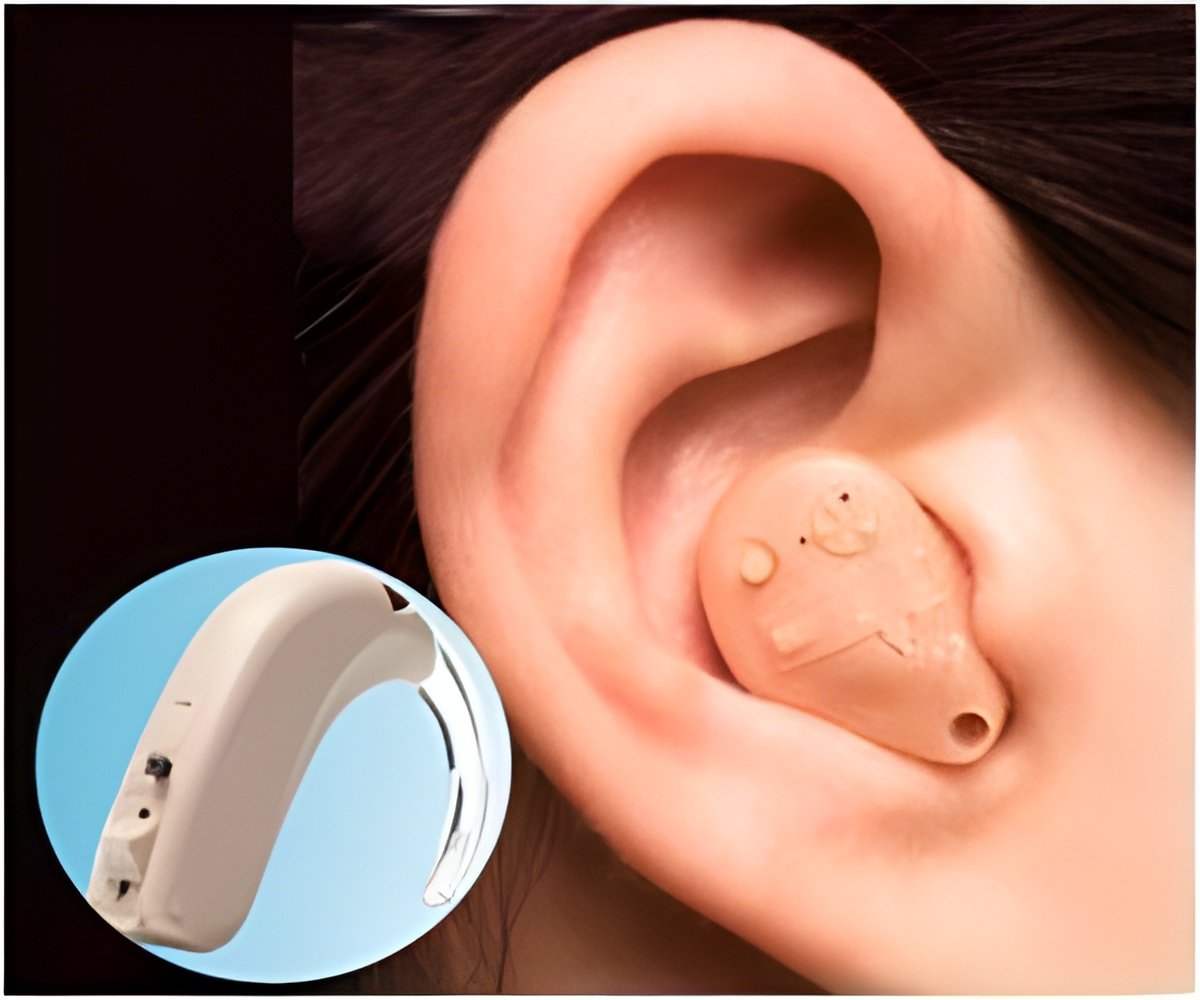Those with hearing problems should be offered psychological support first. Hearing aids can come in later, says an Australian National University sociology expert.

In his assessment of this year’s Commonwealth budget, Hogan said that 40 per cent of people not using their devices amounted to a waste in resources in the order of $150 million per year.
“The Australian Government has to stop throwing more and more money at hearing devices without, at the same time, putting their support into services which help people manage their hearing problems,” he said.
He has also slammed private providers to push hearing aids onto people who are not psychologically ready for them.
“Adjusting to life with hearing loss often requires psychological support to assist with the changes which the individual and family need to make in the way they communicate. Hearing aids don’t work like glasses, where you put them on and you immediately see clearly.
“The significant community dissatisfaction with hearing aids is a direct result of the lack of consideration of the social psychology of the situation when recommending these devices.
Advertisement
“The Commonwealth has bungled its attempt to support alternate forms of hearing services by not involving people with expertise in the social psychology of living with hearing loss in the service delivery model and by underfunding hearing support services such as communication training.”
“Very few hearing service providers in Australia have had access to in-depth training in hearing rehabilitation, and this absence of skill is reflected in service outcome,” he said.
“The Australian community could receive far greater value for money by investing in low cost, family centred communication training programs which significantly reduce the communication problems people experience.”
Dr Hogan called on the Government to launch an independent inquiry into hearing services in Australia, to determine whether its existing hearing aid program offered good value for money for the community.
“A failure rate of one in two would suggest the program does not offer good value for money to the Australian public.”
Source-Medindia













